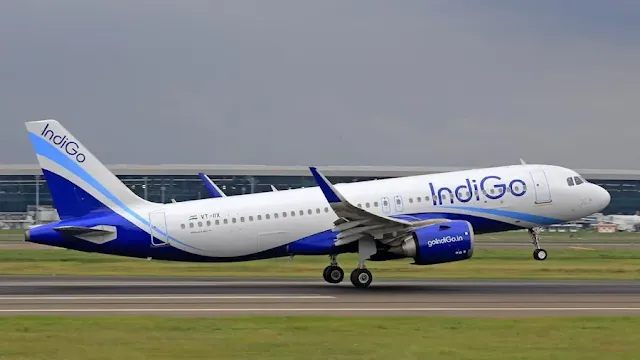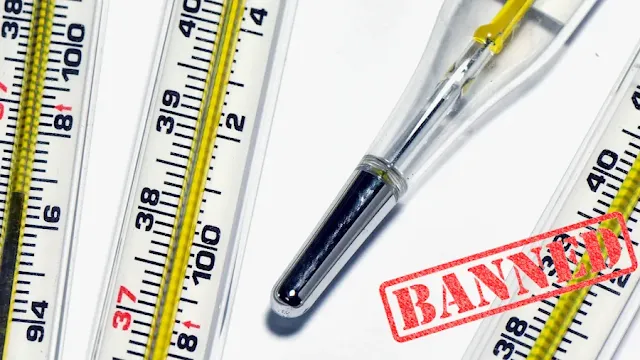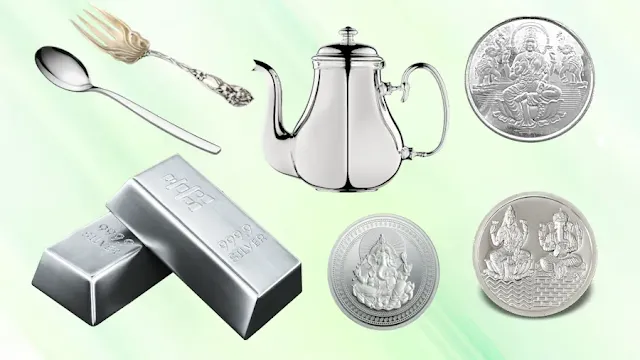When booking a domestic flight in India, the final price you pay often includes various taxes and fees, which can significantly inflate the base fare. Understanding these additional charges can help you better appreciate the costs involved and possibly influence your travel planning and budgeting. Here's a breakdown of what typically constitutes the taxes and fees on an Indian domestic airline ticket.
Base Fare and Airline Charges
The base fare is the fundamental cost of the airline ticket, determined by the airline based on demand, route competition, and other commercial factors. On top of this, airlines may add charges for fuel, which although significantly lower than in the past due to deregulation, might still be listed separately on some tickets as a fuel surcharge.
Government Taxes and Fees
The Indian government levies several taxes and fees on air travel, which are automatically included in your ticket price:
GST on flight tickets in India
1. Goods and Services Tax (GST)
GST is applied to the base fare and substantially impacts the overall ticket price. The rate depends on the class of travel:
- Economy class is charged at 5%.
- Business class is charged at 12%.
2. Passenger Service Fee (PSF)
The PSF is charged by the airport to cover the security and passenger facilities provided. As of now, this fee generally stands at INR 150 per passenger for each sector.
3. User Development Fee (UDF)
UDF is levied by airports and varies widely depending on the airport you are flying from. This fee goes towards the development and maintenance of airport facilities. For example, passengers flying out of major metro airports like Delhi and Mumbai might pay more compared to those flying from smaller regional airports.
4. Regional Connectivity Scheme (RCS) Fee
To promote air connectivity to smaller cities, the government has initiated the RCS, under which a nominal fee is levied on each ticket. This fee is usually around INR 5,000 per flight and is aimed at subsidizing the cost of operations on less profitable routes.
Airline-Specific Charges
1. Meal and Seat Selection Fees
These are optional charges that passengers may incur if they choose added comforts or conveniences, such as meal preferences or specific seat selections. Airlines like IndiGo, SpiceJet, and others typically offer these services at an additional cost which varies depending on the service and the duration of the flight.
2. Baggage Fees
Most airlines provide a standard baggage allowance, but charges for extra baggage can significantly increase the cost of travel. These fees are set by the airlines and can vary.
Understanding the components that make up the total cost of your flight ticket is key to becoming a savvy traveler. While the base fare often draws in customers with seemingly low prices, the additional taxes and fees can lead to a much higher total cost. Being aware of these charges not only helps in comparing prices more effectively but also in planning your travel budget more accurately. Always check the fare breakdown before booking to ensure there are no surprises, and consider these costs when planning your trips within India.









